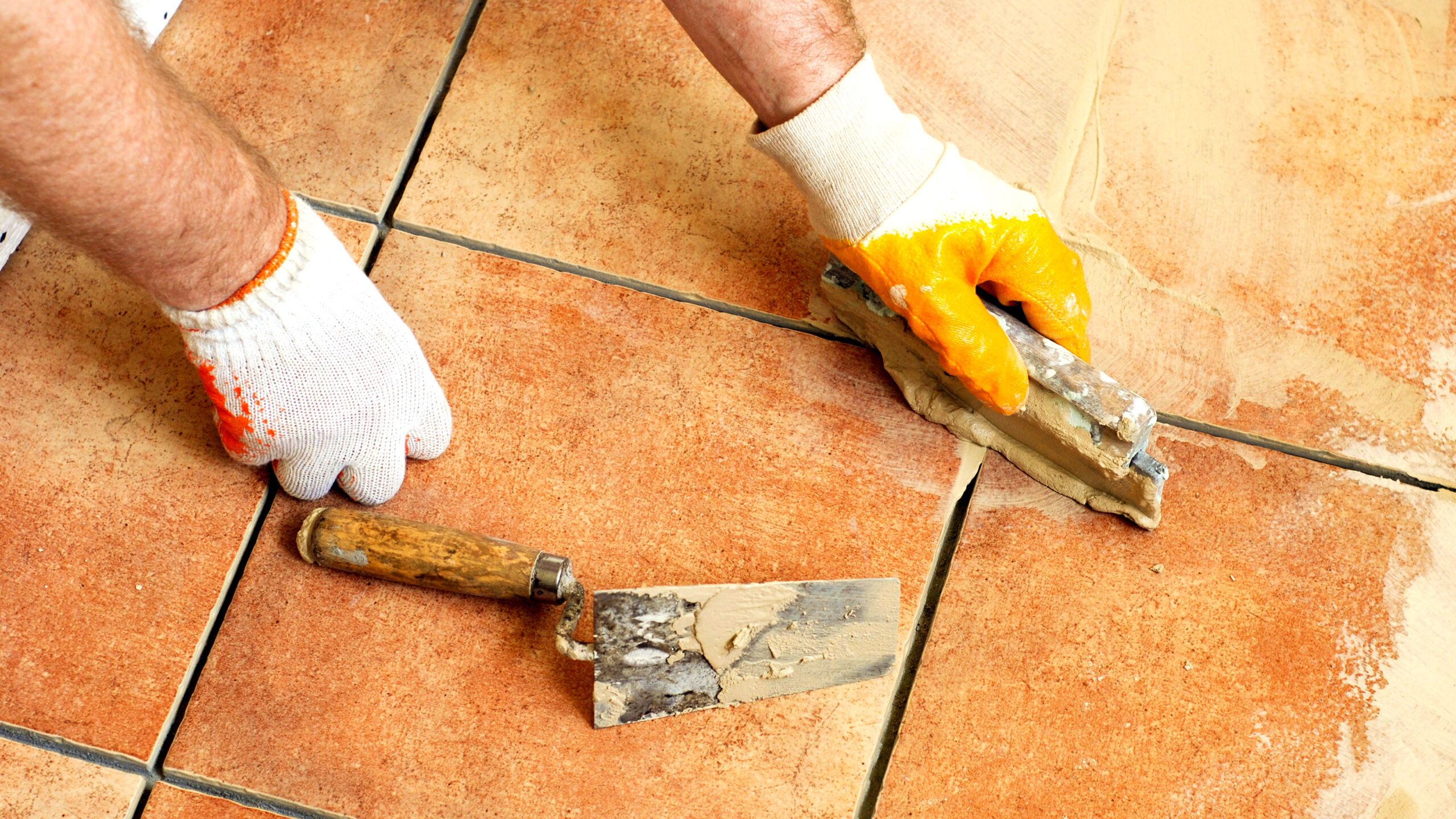When it comes to choosing the strongest grout for your project, navigating through the array of options can feel like finding a needle in a haystack. With different materials, applications, and ratings to consider, the search for the ultimate grout can be quite the puzzle. However, fear not, for in the realm of construction materials, the key to unlocking this mystery lies in understanding the intricate balance between composition and performance. So, what exactly makes one type of grout stand out above the rest?
Stay tuned to uncover the secrets behind the quest for the strongest grout.
Types of Grout Materials
- When selecting grout materials for your project, consider the various types available based on their specific properties and applications. Epoxy grout, known for its exceptional strength and chemical resistance, is ideal for areas prone to heavy foot traffic and frequent spills, such as commercial kitchens and industrial spaces. Its waterproof nature makes it perfect for bathrooms and other wet environments. Epoxy grout requires careful mixing and application due to its fast setting time, so ensure you follow the manufacturer’s instructions precisely.
- On the other hand, polymer-modified grout combines cement with polymers to enhance flexibility and durability. This type of grout is excellent for areas that may experience slight movement, such as countertops and backsplashes. The added polymers make polymer-modified grout less prone to cracking and shrinking, providing a longer-lasting solution for your tiling needs. When applying polymer-modified grout, pay attention to the recommended curing time to achieve the strongest bond possible.

Factors Affecting Grout Strength
- To maximize the strength of your grout, understanding and controlling the curing process is crucial for achieving optimal results. The factors that affect grout strength are primarily related to grout composition and the curing process. Grout composition plays a significant role in determining the strength of the final product. The ratios of cement, sand, and additives in the grout mix can impact its overall strength and durability. Ensuring the correct proportions and quality of each component is essential for achieving the desired strength.
- Moreover, the curing process is equally vital in enhancing grout strength. Proper curing involves maintaining the right temperature, humidity, and moisture levels during the setting period. This allows the grout to develop its full strength potential. Inadequate curing can lead to weak and brittle grout that’s prone to cracking and deterioration over time.
Comparing Grout Strength Ratings
- Understanding the factors that influence grout strength, especially in terms of composition and curing processes, sets the foundation for evaluating and comparing grout strength ratings effectively. When comparing grout strength ratings, it’s crucial to consider the specific brand of grout being used. Different grout brands may have varying formulations and additives that can significantly impact the final strength of the grout. Conducting a thorough grout brand comparison can help you choose the product that best suits your needs.
- Moreover, grout application techniques play a vital role in determining the strength of the final grout structure. Proper mixing, application consistency, and curing methods can all influence the overall strength of the grout. By paying attention to these details and following recommended application guidelines, you can ensure that the grout reaches its maximum strength potential.
Tips for Choosing Strong Grout
- For selecting the strongest grout, meticulously assess the formulation and additives of various brands to determine the best fit for your project. Start by examining the grout composition, which typically consists of a mixture of cement, sand, and additives. Cement-based grouts are durable and suitable for most applications, while epoxy grouts offer superior strength and resistance to stains and chemicals. Consider the specific requirements of your project to choose the most appropriate grout composition.
- When evaluating grout options, pay close attention to the application techniques recommended by the manufacturer. Proper application is crucial for achieving maximum strength and durability. Follow the manufacturer’s instructions regarding mixing ratios, application tools, drying times, and sealing procedures. Incorrect application can weaken the grout and compromise its performance over time.
Enhancing Grout Durability
- Enhancing grout durability involves selecting the right additives and carefully following manufacturer’s recommendations for application techniques. Improving longevity and increasing resilience are crucial factors in ensuring the durability of your grout.
- To enhance longevity, consider incorporating additives such as latex or polymer modifiers, which can significantly improve the strength and flexibility of the grout once it has cured. These additives help prevent cracking and crumbling, especially in high-traffic areas or those prone to moisture exposure.
- Additionally, utilizing sealants can further increase the resilience of your grout by providing an extra layer of protection against stains, water damage, and mold growth. Properly sealing your grout at regular intervals can help maintain its integrity over time.
- Remember to follow the manufacturer’s instructions meticulously when applying additives and sealants to ensure optimal performance and durability. By paying attention to these details and implementing these expert tips, you can significantly enhance the durability of your grout surfaces.
Conclusion
In conclusion, when looking for the strongest grout for your project, consider the type of material, factors affecting strength, and compare strength ratings. Choose a grout that suits your needs and follow tips for enhancing durability. With attention to detail and precision, you can ensure your grout will provide long-lasting strength and support for your surfaces. Make an informed decision and enjoy the benefits of a strong and durable grout.